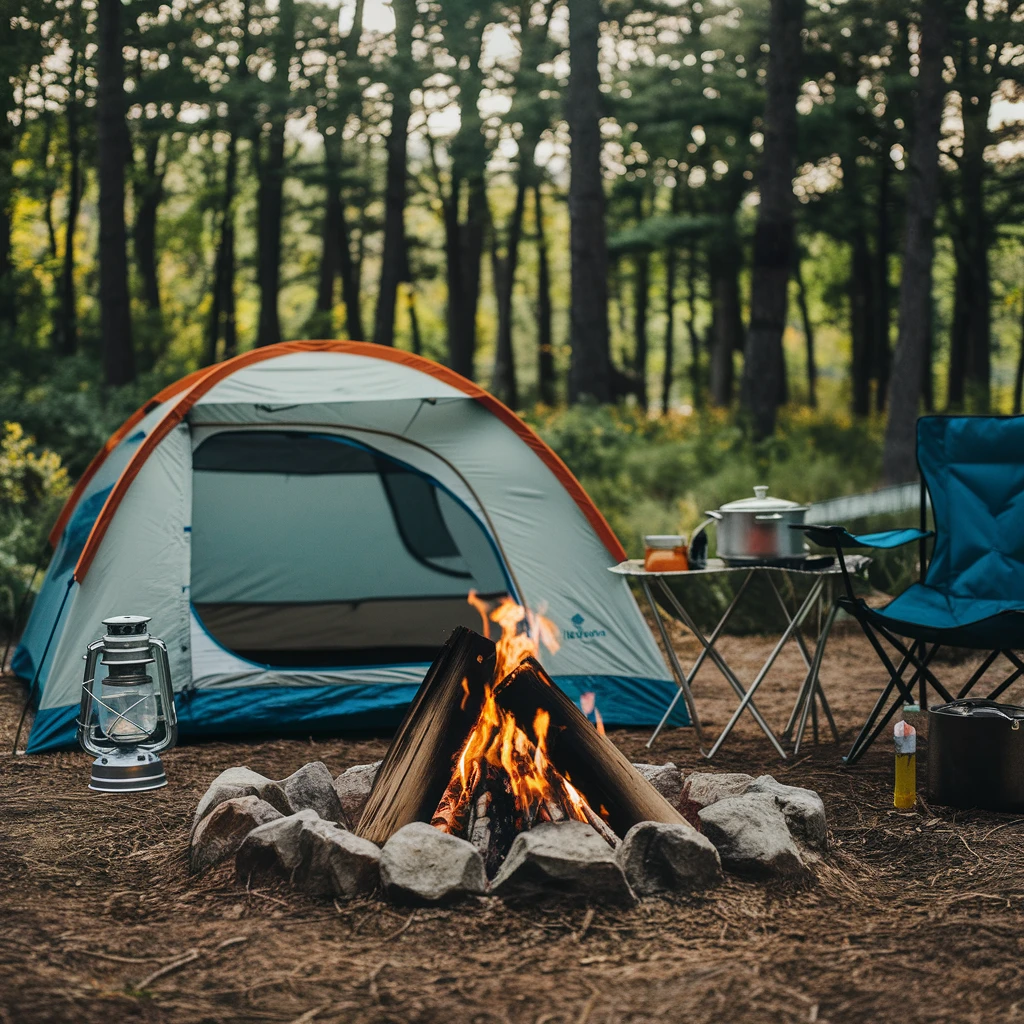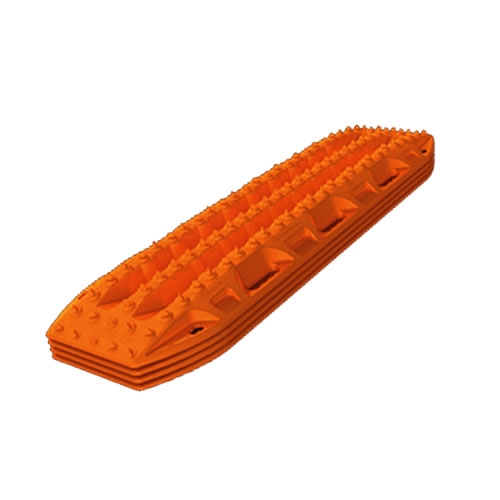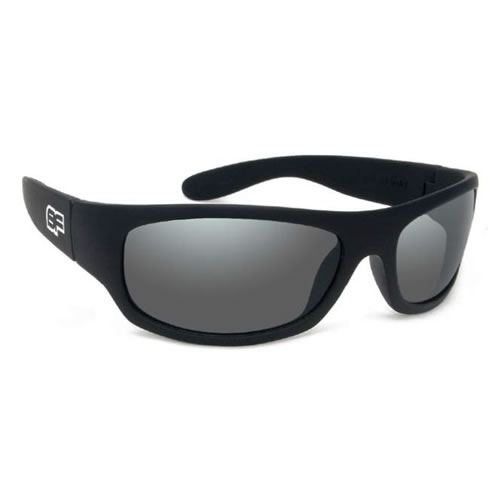Taking Longer Trips With Your 4WD
Part of the beauty of off road driving is that you don’t need a lot of spare time to get out and have some fun. A weekend, or even an afternoon off, is long enough to check out a new trail. There’s nothing like a long trip though – load up your camping gear, stock the fridge with stubbies and head off into the bush for a week.
Heading into the wilderness is tough on your vehicle, though. Of course a 4wd is built to handle it, but there are limits. If anything’s borderline before you set out there’s a good chance of it failing when you really don’t need it to. Start with a full service. Even if the handbook says it doesn’t need one yet, do it anyway. Fresh oil, fluids and filters will head off a lot of problems before they develop – and doing the work can expose other issues. Check the old oil. Does it look milky, or burned? Are there bits of metal in it?
Get underneath and look for anything that might be in bad shape. Any minor damage that’s been overlooked needs to be sorted. You can’t go off into the outback with dodgy parts, because they’re not going to make it. Change anything that’s doubtful looking. Belts, universal joints and cylinders are top candidates for replacement. If the ones you take off still seem fine put them in the spares box.
Get a mechanic to check things over. Most off roaders are pretty switched on when it comes to their wagon’s innards, but a professional eye is still a real asset. You can probably fix most of what breaks; he can make sure it doesn’t break to start with. If you can find an off road specialist that’s perfect, but any decent workshop will be able to do a thorough inspection.
If you haven’t had your vehicle out on a long trip before, or it’s been a while, make sure you know all its quirks. Get some practice sessions in, and check out some owner’s forums too. If that model has any known weak points you have two choices. One is to beef them up with higher performance parts. The other is to just be aware of it and work out a driving style that won’t break stuff.
Some practice at fixing things is a good idea too. Run through a few wheel changes. It’s always good experience and it can avoid some nasty surprises too. Trying to change a flat tyre, then finding the nuts are immovable, is not good. Neither is realising that you raided the toolkit a while back to fix the kitchen sink and forgot to put everything back when you were done. Some practice repairs will spot this kind of thing in your driveway, where it’s just embarrassing. In the bush it can be dangerous.
It’s not always possible to get all this done before you set off, but do as much as possible. Here’s the bare minimum that you absolutely need to cover:
-
Suspension. Check the condition of the springs and shocks. Change anything that looks damaged, worn or more at home in a gold club car park.
-
Service. We’ve mentioned this already. It’s important.
-
Spares. Make sure you have spares for all the key belts, chains and cylinders. Extra shocks are a good idea, as well as bulbs and fuses.
It’s never a waste of time getting your vehicle properly set up for a long touring session. Obviously you want to get out there and start enjoying yourself as soon as possible, but it’ll be a lot more enjoyable if you’re not constantly fixing stuff. A few hours before you go will make all the difference, so it’s well worth it.







